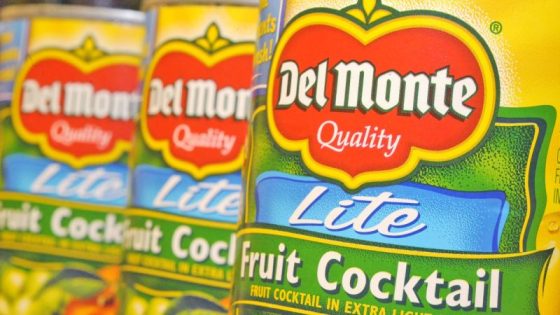Kroger’s recent announcement about closing approximately 60 stores across the united states has raised eyebrows globally. As of June 24, 2025, it remains unclear which specific locations will be affected, particularly in Washington state where Kroger operates QFC and Fred Meyer stores.
- Kroger to close approximately 60 stores
- No Washington locations confirmed for closures
- Kroger reports $100 million impairment charge
- Affected employees offered roles at other stores
- First-quarter profits increased Kroger share price
- Kroger aims to reinvest savings into customer experience
The closures aim to provide a “modest financial benefit” amid an uncertain macroeconomic environment. With Kroger’s first-quarter earnings report revealing a net profit of $866 million, the decision to shut down stores is unexpected for many consumers and investors alike.
This decision prompts questions about the future of retail giants in a shifting economic landscape. Will other major retailers follow suit? The implications of Kroger’s closures may resonate beyond the U.S., affecting supply chains and employment in various markets.
- Global retailers may reassess their operational strategies in response to economic pressures.
- Job security for employees in affected regions could become a significant concern.
- Consumer access to essential goods may be impacted, particularly in rural areas.
- Investors will be closely watching how Kroger reinvests its savings for future growth.
As the retail landscape evolves, stakeholders must stay informed and adaptable. Will Kroger’s strategy inspire other retailers to rethink their operations in a global context?






























